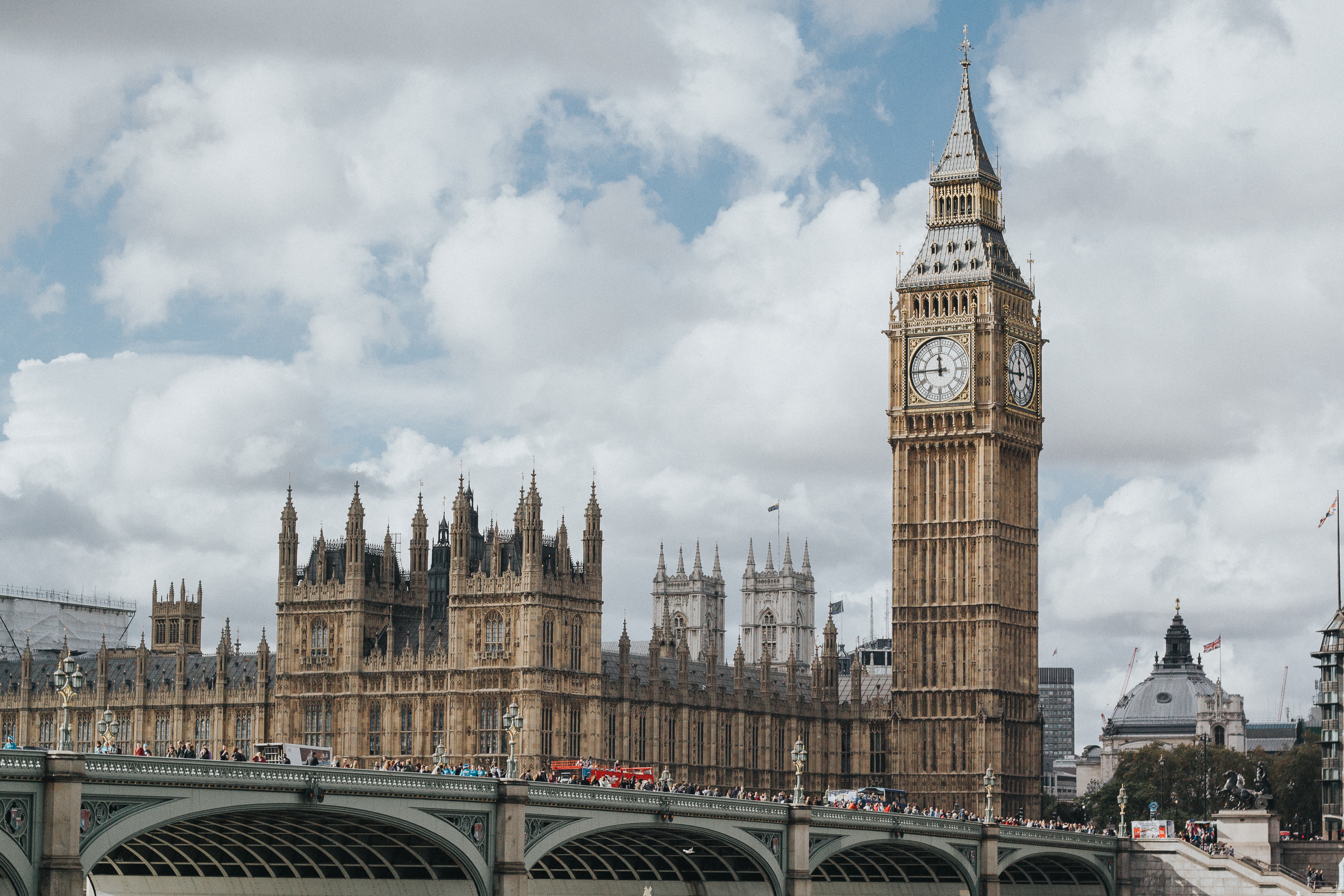Brexit blog: The chances of a general election are growing
Date 11.12.2018
11.12.2018
Kate Ironside is a Senior Lecturer in Journalism at the University of Northampton and a former political journalist. She spent 13 years at Westminster, working for Central Press, the Daily Express and BBC Westminster and, for 17 years, wrote a weekly award-winning column on the European Union for the Western Morning News. She sits on the executive board of the Broadcast Journalism Training Council and has written: Reporting Power, the official BJTC textbook on public affairs.
So, the agony is prolonged. That is the only certain consequence of the Prime Minister’s decision to defer the parliamentary vote on her Brexit plan.
It is not immediately obvious what more she can secure from her further talks with EU leaders this week that would satisfy her legion of critics in the House of Commons.
The divisions of opinion over the Northern Ireland backstop are so fundamental in principle that they will not be resolved by mere rewording or a fresh set of platitudes from the EU.
Yet that is all that appears on offer from European leaders. For Ireland, in particular, a form of backstop is non-negotiable. At stake – in Dublin’s eyes – is the future of the peace process and everyday life along the Irish:Northern Irish border. An estimated 30,000 people cross that invisible border every day. Socially and commercially, that border doesn’t exist. Both London and Dublin are committed to keeping it that way. As Theresa May herself told the House of Commons last month: “Put simply, there is no deal that comes without a backstop, and without a backstop there is no deal.”
And that is proving the biggest single stumbling block in the House of Commons. Within this county alone, it is difficult to see what alterations to the backstop would be enough to persuade committed Brexiteer MPs such as Peter Bone, Philip Hollobone or Andrew Lewer to vote for the May deal. All three Conservative MPs have already submitted letters of no confidence in the Prime Minister’s leadership.
Now miracles may happen but as things stand, Theresa May is still effectively calling her critics’ bluff. Barring concerted efforts to topple her, Mrs May will return from her latest excursion to the continent with a fresh form of words which won’t change the fundamentals and, on present form, she will dig her heels in further, daring the Commons to precipitate a no deal. And then she will be defeated. Conservative MPs are openly calling on her to resign but unless and until they agree on a replacement for Mrs May – something they seem equally unable to agree upon so far – she will remain in office. And businesses struggling to plan for the future remain locked in limbo. The agony continues. The chances of a general election in March are growing.